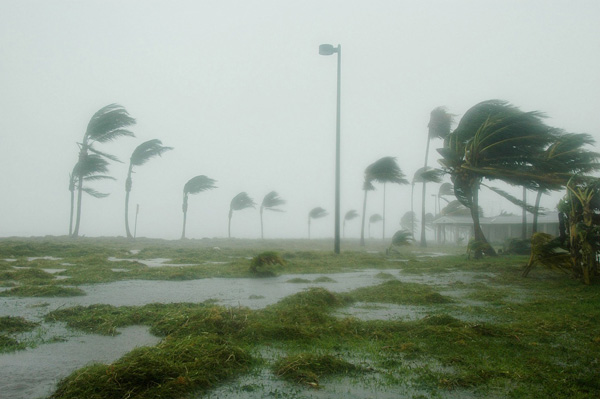Hurricane Milton's destruction demands immediate action on climate resilience

[An image of Florida. Photo Credit to Pixabay]
In early October 2024, Hurricane Milton made landfall on Florida's west coast as a Category 3 storm, leaving a trail of destruction and highlighting the urgent need for enhanced climate resilience strategies.
The devastating storm claimed at least 16 lives across Florida and caused widespread infrastructural damage.
The catastrophe has once again underscored the vulnerability of coastal cities to extreme weather events, a reality that communities across the United States are increasingly grappling with as climate change accelerates.
One of Milton’s most alarming features was its rapid intensification.
The storm escalated to a Category 5 hurricane with sustained winds of 160 mph before weakening slightly upon landfall.
This swift strengthening—often a result of warmer sea surface temperatures due to climate change—poses considerable challenges in forecasting and preparing for such powerful storms.
Meteorologists and climate scientists have long warned that warmer oceans can fuel hurricanes, making them more intense and erratic in their development.
Milton’s rapid progression exemplifies this trend, pushing the limits of existing predictive models and straining the capacity of emergency response teams.
The storm’s aftermath proved catastrophic.
Millions were left without power, and significant flooding affected numerous communities.
In St.Petersburg, the iconic Tropicana Field sustained substantial damage, prompting the city to allocate $6.5 million for repairs.
Meanwhile, several major infrastructure projects, such as the opening of the new Jupiter U.S. 1 bridge, face delays of at least six weeks due to damage and supply chain disruptions.
In an unprecedented development, Hurricane Milton spawned a record number of tornadoes.
On October 9, 126 tornado warnings were issued in Florida, more than doubling any previous single-day record since 1986.
Experts say this surge in tornado activity during a hurricane event is unusual and adds complexity to emergency response efforts.
The economic repercussions of Hurricane Milton have been substantial.
In October, the U.S. economy added only 12,000 jobs, a sharp decline from the previous month, largely attributed to the disruptions caused by Hurricanes Helene and Milton.
The disaster has also exposed systemic challenges in emergency management.
The Federal Emergency Management Agency (FEMA) failed to answer nearly half of the disaster aid calls it received in one week following the hurricanes, leaving many survivors waiting excessively long times to speak with federal workers.
Hurricane Milton's devastation serves as a stark reminder of the escalating impacts of climate change and the necessity for comprehensive resilience planning.
As communities rebuild, experts emphasize the imperative for local governments, policymakers, and agencies to collaborate in strengthening infrastructure, improving emergency response systems, and implementing sustainable practices to mitigate future risks.

- Hannah Hwang / Grade 11
- Berkshire School

![THE HERALD STUDENT REPORTERS [US]](/assets/images/logo_student_us.png)
![THE HERALD STUDENT REPORTERS [Canada]](/assets/images/logo_student_ca.png)
